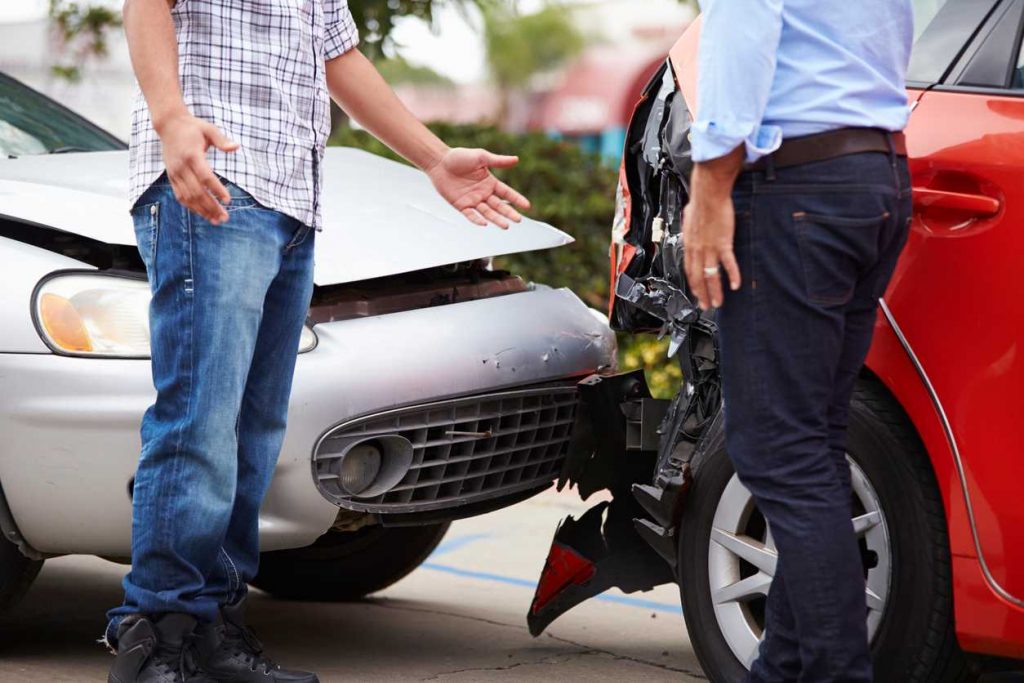Here’s a short guide to help you understand the comparative and contributory negligence systems.
When you’re the victim of a car accident, you most likely will want to seek compensation from the at-fault driver to cover your medical bills, pay for damages, or even account for lost wages if you are unable to work at this time.
However, the state in which you file the claim or the lawsuit can have a lot to say about the outcome. If you’re in this situation, you will benefit greatly by reaching out to
Here’s a short guide to help you understand the comparative and contributory negligence systems.

Proving Negligence and Fault
In an accident, one party is typically held responsible for the collision, which essentially means you are trying to show another driver was negligent and cause the incident. For instance, if the other driver was using their smartphone, they may be held liable for the accident.
However, in some cases matters aren’t that straightforward. Sometimes, more parties are to blame for the collision, and when that happens, the comparative and contributory systems intervene.
What Is Contributory Negligence?
According to this system, if a driver was negligent and contributed to the accident, then that driver cannot hold a different party involved in the collision as responsible. In states that follow this rule, even if you are only partly to blame for the accident, you cannot recover any compensation from other parties.
What Is Comparative Negligence?
This system is not as strict as the previous one. Essentially, each party is assigned a certain percentage of blame for the incident. There are two categories for this system:
1. Pure Comparative Fault
Each party can recover damages equal to the amount of fault of the other party. If you are found 10% to blame for the crash, you can get up to 90% in damages. However, it also means the party with more responsibility can sue you as well, even if they’ll only be allowed 10% of the total amount.
2. Modified Comparative
With this system, which is also the one used in the state of Missouri, you can collect damages from the other party as long as your own negligence was found under 50%. In these states, the party found mostly responsible cannot collect any damages from the other parties involved.
However, even if you live in Missouri, there is still a chance you’ll have to face a different negligence system. For instance, if the accident took place in a different state that follows another type of negligence system, then you’ll likely have to follow the laws in the state where the collision occurred, and the one in Missouri.
Why Speak With a Lawyer After a Car Accident?
If you’ve been involved in a St. Louis car accident, it’s crucial to speak with an attorney who understands the law and is familiar with the court system.
As we’ve discussed, negligence comes in many forms in car accidents. In St. Louis, law firms handle violations of the rules of the road that have resulted in a car accident. Most of the “rules of the road,” as we call them, are based upon laws or statutes. If you violate a law or a statute and cause an accident, the injured party in the car accident has a cause of action for Negligence Per Se. Under the Doctrine of Negligence Per Se, a violation of a statute or traffic ordinance resulting in an auto accident is generally considered a form of negligence and a violation of a vehicle operator’s duty of care. An attorney presenting a car accident case must still submit on:
- Causation
- Damages, in addition to having provided proof regarding the Negligence Per Se of the defendant driver causing the car crash.
Defendant drivers and their attorneys in a Negligence Per Se cause of action can submit defenses such as:
- Plaintiff’s failure to stop, swerve, slacken speed or sound the horn
- Plaintiff’s failure to keep a careful look out
- Plaintiff’s failure to mitigate or minimize their injury by refusing medical treatment
- Defendant has a reasonable excuse for the violation of the law or ordinance.
Among many other reasons, this is why it is essential to speak with an experienced injury attorney as soon as possible. At The Hoffmann Law Firm, we can evaluate your case free of charge and help you understand what your rights are after a car accident.
FREE Consultation
If you are ever the victim of a car accident, Missouri or not, one of the first things you should consider doing is discussing your case with a St. Louis car injury lawyer. Give us a call 24/7 at (314) 361-4242.
